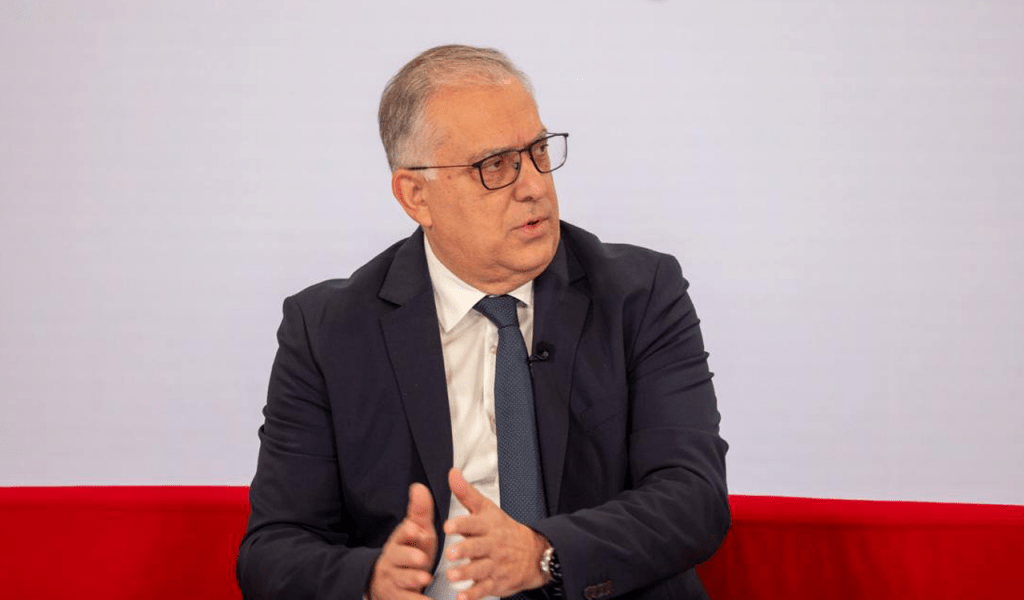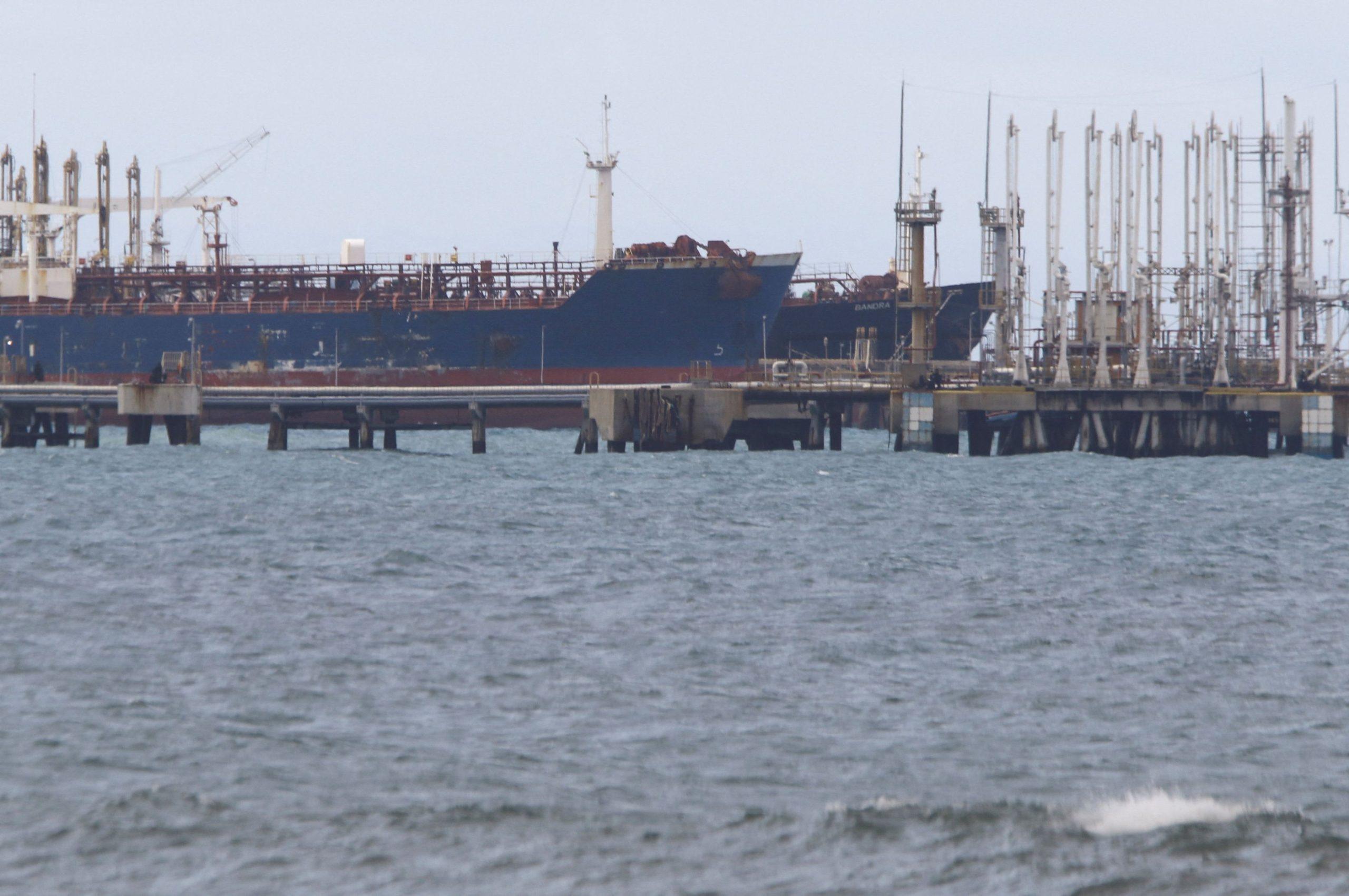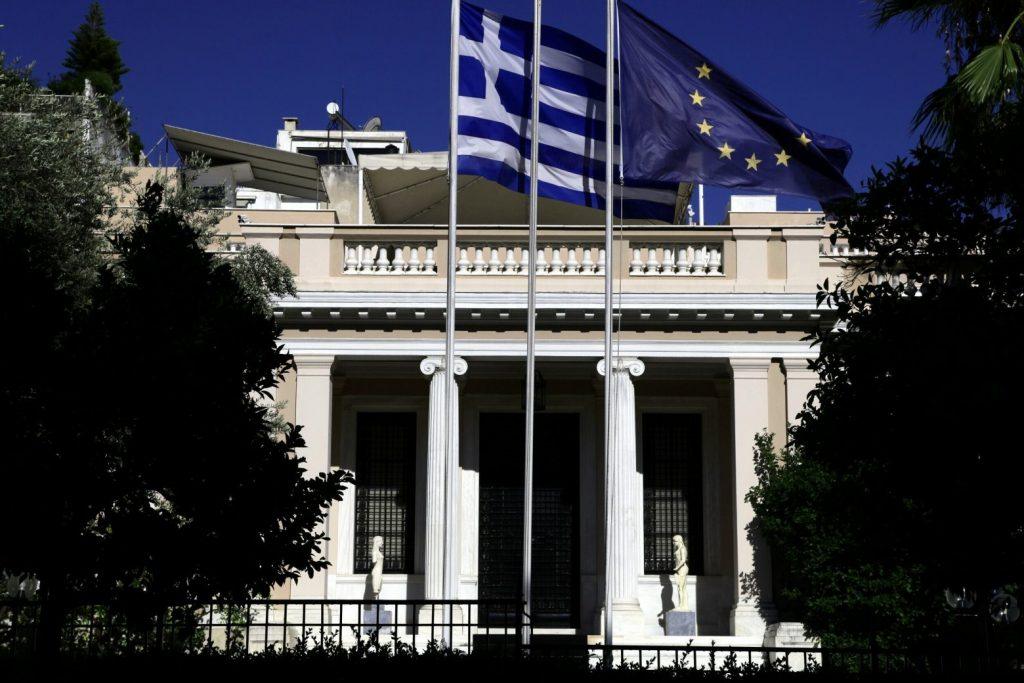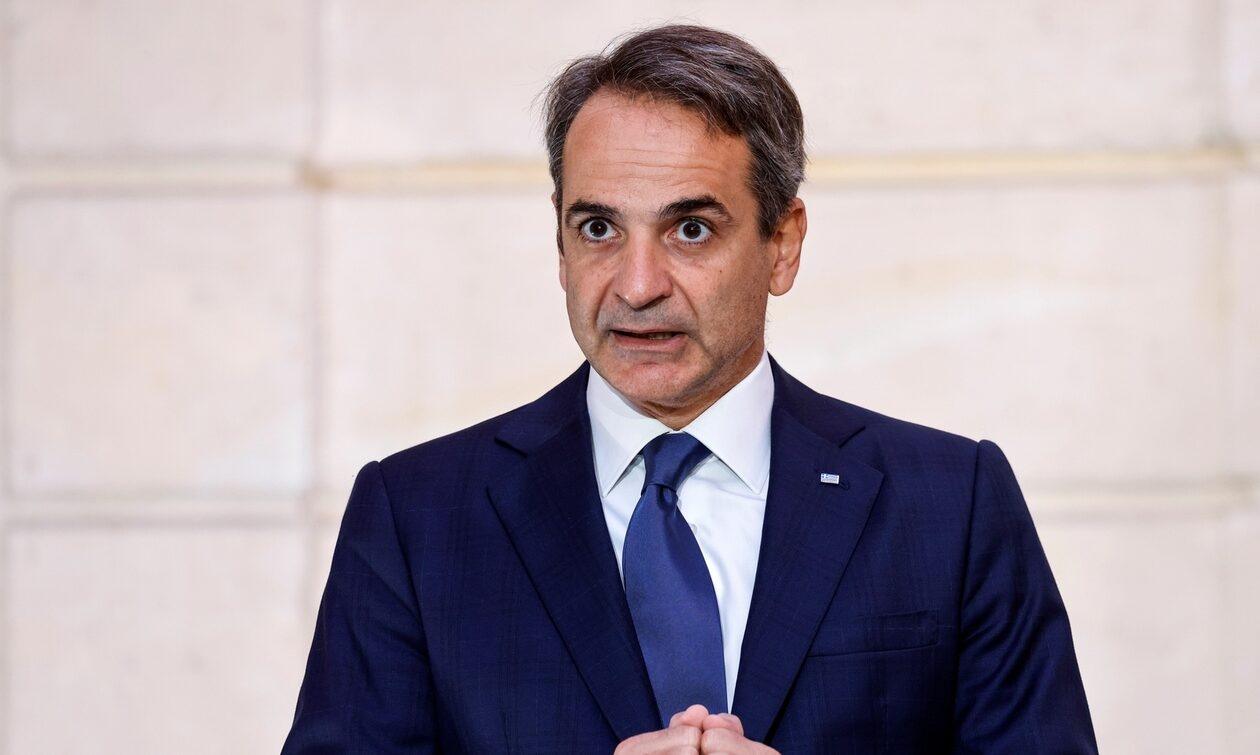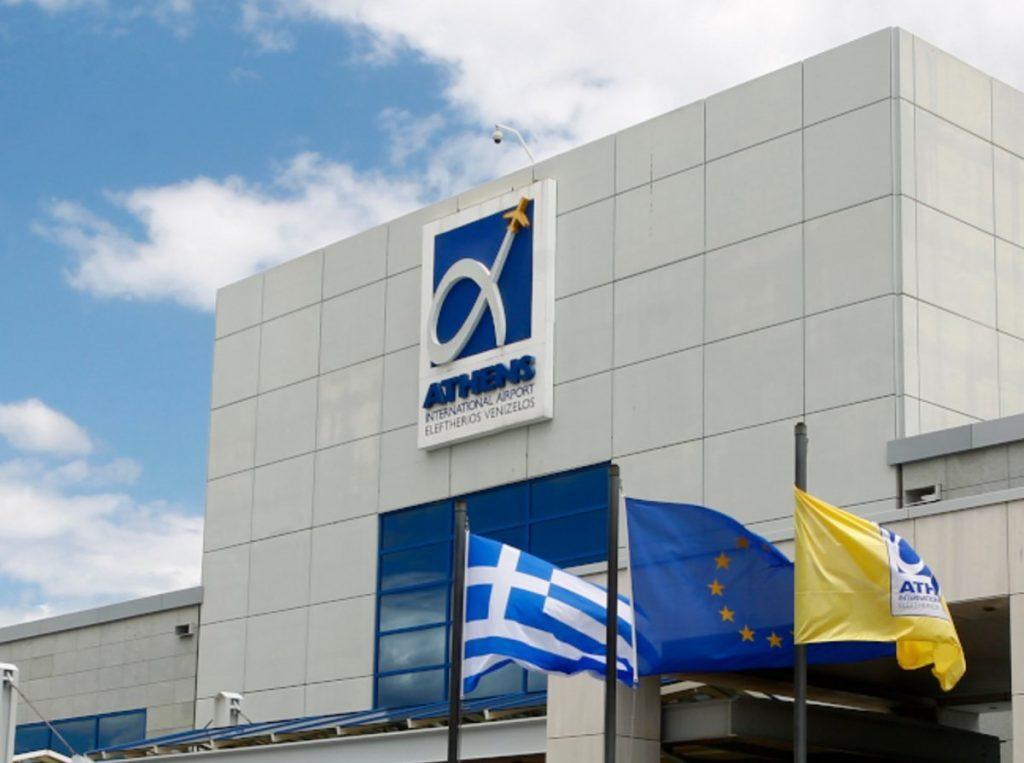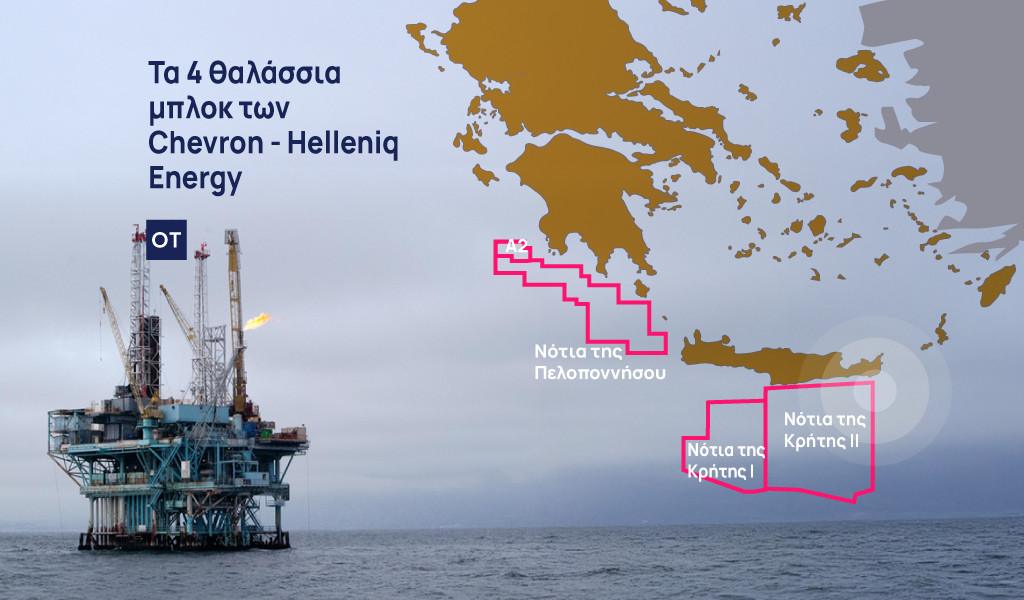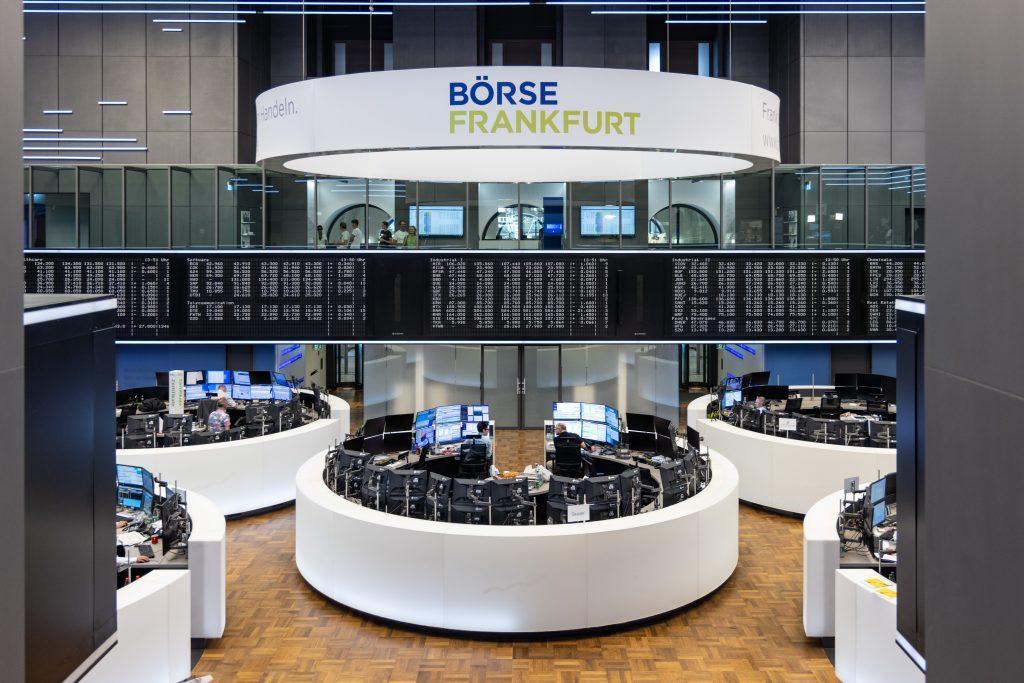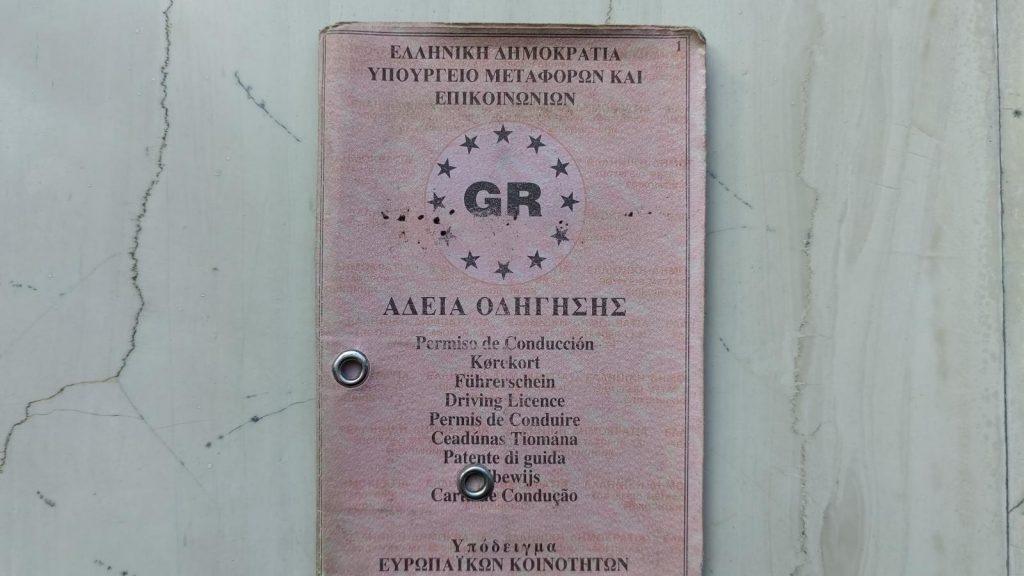Economy and Finance Minister Costis Hatzidakis on Thursday essentially signaled a government initiative aimed at reducing fees and the “spread” between the interest rates on deposits offered by local systemic banks and the rate they tack on to borrowing.
In prefacing what Prime Minister Kyriakos Mitsotakis would later detail in Parliament, Hatzidakis ruled out a windfall tax on banks’ surging profits for 2024, saying such a prospect would “spook” foreign investors and sent a “wrong message” to the markets.
At the same time, he characteristically spoke out at Greek banks’ managements, saying “don’t get on people’s nerves… we declined to impose a one-off tax, but this isn’t a reason to demand from whatever self-employed professional or any Greek citizen to transfer 100 euros and you keep a three-euro commission. Stand down.”
He also pledged measures to deal with three main grievances vis-à-vis the country’s four systemic banks, and to a lesser extent a few non-systemic banks, namely, the spread between the paltry interest rates for deposits, as compared with the rates tacked on to borrowing.
One major innovation – by Greek standards – he cited was allowing major utilities who aren’t credit institutions the opportunity to lend for property mortgages and even business loans, all under the regulatory supervision of the Bank of Greece (BoG).
He also said the government aims to take steps to reduce the level and number of commissions now tacked on to practically every banking transaction and service in the country. Hatzidakis said previous “requests” he personally made to the banks’ managements were only partially implemented.
“A primary driver to shrink bank commissions will be activation of a Community Directive on direct transfer charges for remittances, which establishes a ceiling for commissions, from 0.5 to 1.2 euros as of 2025,” the minister said, while adding that more measures will be taken.
Finally, he referred to measures to add some 21,000 properties to the housing market that banks and their affiliated servicers have in their portfolios, but which remain unexploited.
Source: tovima.com


